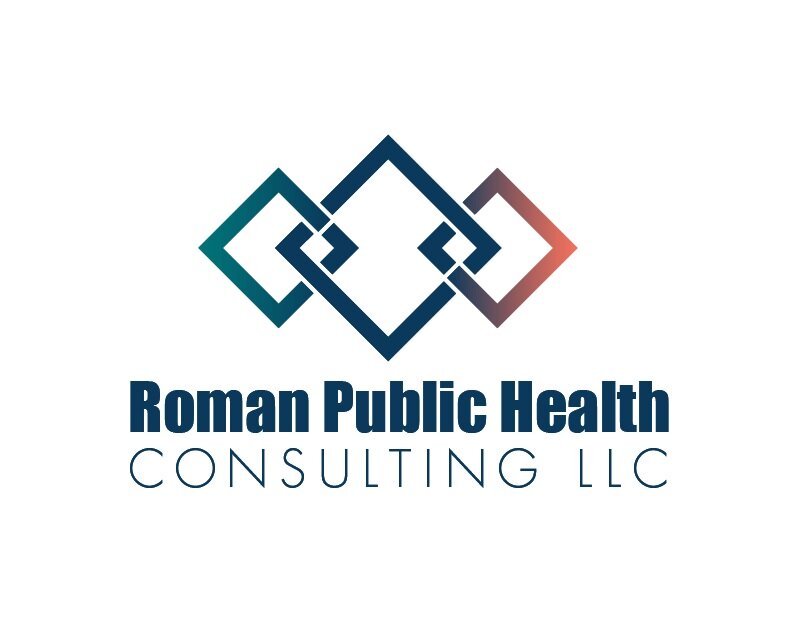Can I Pick Your Brain? Friendly Ask Or Faux Pas?
The New York Times recently ran an article called The Right Way to Ask, ‘Can I Pick Your Brain?’ As I read along, I found myself saying “YES!!” out loud…multiple times. There are so many important pieces of insight and advice that I wanted to highlight them here on the blog.
(1) “Dorie Clark, adjunct professor at Duke University’s Fuqua School of Business and the author of “Entrepreneurial You,” said asking to pick someone’s brain has become overused to the point of thoughtlessness.”
MY RESPONSE: I 100% agree with this statement. Asking to pick someone’s brain has become so automatic, that I think the asker has become immune to the fact that you are actually requesting a large chunk of someone’s time. It is not unusual for me to spend 1-2 hours per person on such requests- between the email exchange, scheduling, reviewing their social media/LinkedIn/resume upon request, participating in the call or meeting, and then following up with resources and contacts discussed.
(2) Dr. Adam Grant, an organizational psychologist, Wharton professor, and author of “Give and Take” “bristles when people are demanding in any way: ‘Instead of expressing some entitlement to my time face-to-face, say ‘Hey, would you be open to either a phone call or email dialogue?’ Give me the option to choose how I want to communicate.”
MY RESPONSE: Yes! Give options on how to communicate AND give the person an “out” if they’re too busy. Dr. Grant appreciates when people say something like “If you’re too busy, is there somebody else you’d recommend?”
I’ve had many people contact me for a meeting and present it as a non optional meeting. They say “I’d like to schedule a meeting or call to pick your brain, when are you available in the next week or so?” Nope- don’t do it this way!
I’ve also had someone contact me when I was not available for an extended period of time. I explained that I wasn’t taking meetings because I was out of the office caring for a very sick family member. Would you believe they wrote back and said sorry about your sick family member, but can you connect me to your colleagues at XYZ place of employment anyway? Nope- don’t do it this way! This is probably the rudest request I’ve ever gotten.
(3) Jolie Kerr, advice columnist and host of the Ask a Clean Person podcast, suggests that you treat the meetup as if it were a job interview. Showing up with a prepared list of targeted, thoughtful questions is “a really good way not to waste someone’s time and make sure you get everything that you need,” she said.
MY RESPONSE: Absolutely! Don’t make me do all the work by moving the conversation along and watching the time. Prepare like you are facilitating a meeting. I also love when people send the questions in advance of the meeting. It shows they are super prepared + it allows me to plan ahead with advice or resources that are particularly relevant to their questions.
(4) “Sending them an email the next day just saying, ‘I really appreciate your time’ goes a really long way,” Ms. Kerr said. “I’m shocked at how often people don’t say ‘thank you’ for things like that.”
MY RESPONSE: I am also shocked by this. I mentioned this in my post about Tips for Successful Online Networking. At least 50% of the “favors” and informational interviews I do go completely unacknowledged. Please thank people for their time and their advice and their contacts. I promise you they are taking considerable time out of a very busy schedule to make time for mentoring and it’s very discouraging when people don’t even respond to or acknowledge the help that you’ve offered.
I’d love to hear from people who are on both sides of this discussion:
If you frequently request informational interviews or to “pick someone’s brain”- what are your best practice recommendations to be respectful to the professionals you contact?
If you are on the receiving end of these requests- please share some examples of “great, respectful” requests…and “not so great” requests?

